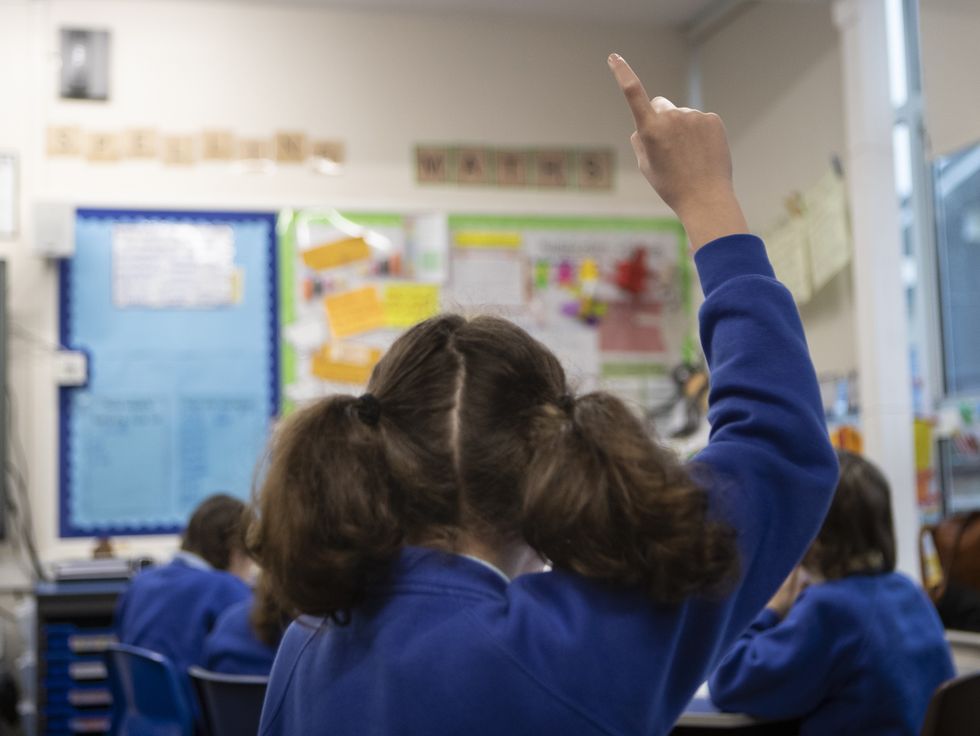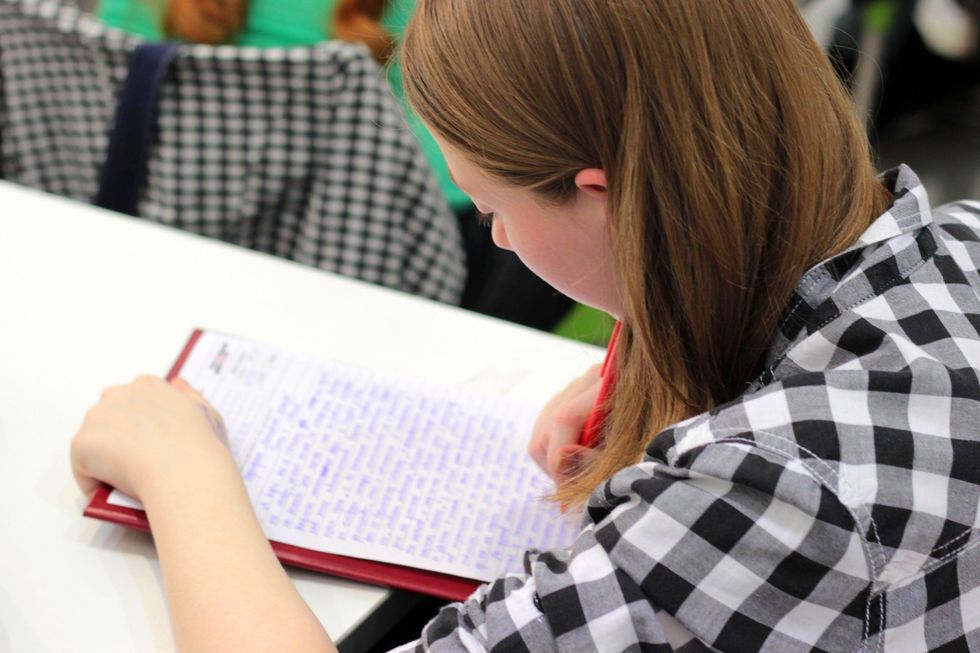The scientists have said the treatment could ease the symptoms of the disorder
Pexels
Scientists tested the new treatment on 23 children all suffering from the disorder
Don't Miss
Most Read
Trending on GB News
Scientists have said that new brain treatment can transform the lives of those suffering with attention deficit hyperactivity disorder (ADHD).
The research conducted by the University of Surrey and the Hebrew University of Jerusalem, has discovered that a new treatment could ease the symptoms of the disorder.
Non-invasive brain simulation, paired with cognitive training, can substantially improve symptoms in young people.
23 unmedicated children with ADHD aged between six and 12 were recruited as part of the study.

The research was conducted by University of Surrey and the Hebrew University of Jerusalem
PA
They underwent a two-week clinical trial where their brains were stimulated by running a mild electrical current through two electrodes through the brain.
In the meantime, the participants received cognitive training which focused on building skills such as problem solving, attention and reading comprehension.
The scientists discovered that 55 per cent of the children showed substantial improvements, according to their parents.
This was compared to 17 per cent in the control group who received placebo brain stimulation during the trial.
Researchers also found that these improvements were maintained three weeks after the treatment had finished.
Professor Roi Cohen Kadosh, co-lead of the study, said: “I believe that the scientific community is duty-bound to investigate and develop evermore effective and longer-lasting treatments for ADHD.
'The findings we demonstrate in our study suggest that a combination of transcranial direct current stimulation (tRNS), which is shown to be safe with minimal side effects, has the potential to transform the lives of children and their families.
'The results from this proof-of-concept study, together with previous results we received using tRNS, increase our confidence that in the future non-invasive brain stimulation may be able to provide an alternative to medication as a treatment pathway for children.'
LATEST DEVELOPMENTS

ADHD is known to affect people's attention, activity and impulsivity.
Pexels
Dr Mor Nahum, from the Hebrew University, added: “This is an important first step in offering new therapeutic options for ADHD.
'Future studies, with larger and more varied samples, should help establish this as a viable therapy for ADHD, and help us understand the underlying mechanisms of the disorder.'
ADHD is well-known for affecting people’s attention, activity and impulsivity.
It affects around 5 per cent of children in the UK, which usually manifests itself with children struggling with focus, memory, and self-control.
Treatment can range from medicine to therapy, or both. There is no cure for ADHD.








